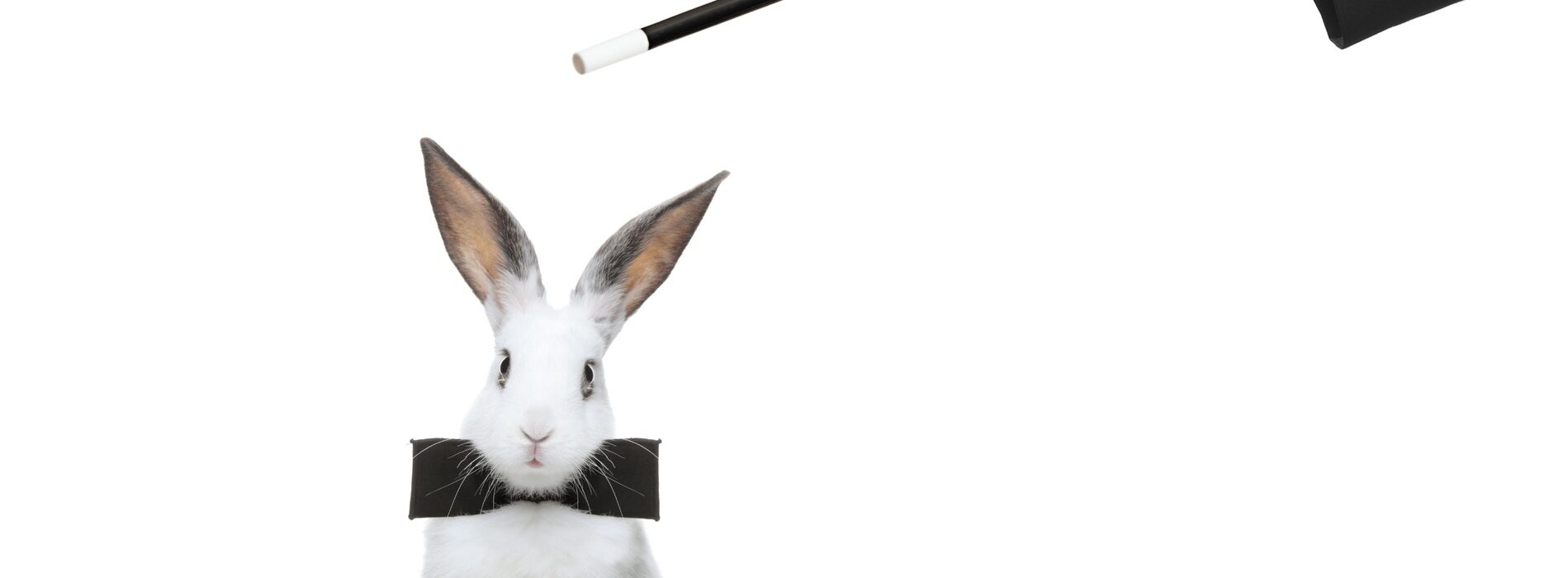
Quackery in audiology
Evidence-based practice is a must and we as hearing care professionals must be advocates for our patients.
Quackery has always fascinated me. Being a member of the oldest society against quackery in the world (the Dutch one), I am often surprised at the non-scientific utterances one encounters in daily life, from informal conversations at the coffee table (or Zoom-meeting!), to newspaper articles, and ads for therapies for all kinds of illnesses.
This is not to say however that I claim to know what is true or not true, or that I have a certain point of view on matters like climate change, the coronavirus pandemic or the origin of species and the world. We should understand physics (which is what I studied) for what it is: a neat way of describing phenomena in nature, using math as its language. Physics does not explain anything, it merely describes. It leaves room for religion, but not for baloney.
The success of physics and the scientific method (in all disciplines of science) is remarkable. The secret behind this success is on the one hand a lot of smart brains (from Newton to Einstein to Heisenberg) and on the other the willingness to learn from observations and adjust, correct and improve hypotheses accordingly. And these observations are not anecdotes about the pet of your sister´s neighbor whose cold was cured with homeopathic droplets, but carefully designed experimental observations. It has been my choice to embrace Karl Popper’s Falsification Principle which suggests that for a theory to be considered scientific it must be able to be tested and conceivably proven false.1 I appreciate this principle because of its modesty. Modesty is a good virtue.
Why quackery is different
To begin with, it is not at all modest! We all have some understanding of what quackery is. In medicine there are some common traits between different forms of quackery. Quite often when you meet these practitioners, they:
- give implausible theories with origins that cannot be traced and disproven (e.g., from a forgotten tribe or a distant professor)
- explanations filled with pseudoscientific jargon (energy, balance, holistic, nature)
- discover all kinds of diseases during their diagnostic testing, sometimes using a ‘special machine’ to evaluate health status
- show no modesty in what can be treated successfully and treatment often requires multiple rounds and visits
- claim that regular doctors do not have or take enough time for their patients (having a common enemy is a strong bonding mechanism)
The key feature which truly sets quackery apart however is the practitioner’s refusal to learn from observations.
‘Quacks’ are not all created equal
This has led to all kinds of quackery across the various disciplines in medicine. Some quacks honestly believe in the nonsense they offer and they mean well for their patients. Some other quacks know that what they offer is baloney, and they are just after your money.
In audiology, quackery can be found as well. From cheap sound amplifiers not requiring any fitting or diagnostics, to all kinds of therapies against tinnitus, like acupuncture and homeopathy, that do not have credible evidence to support their use. I’ve even heard of a European physical therapist who has written a book denying that tinnitus has anything to do with hearing loss and that her physical therapy can help it all.
I remember vividly an organization that claimed in the 1990’s to be able to heal deafness in newborns with the help of semiprecious gemstones. I had one deaf child in my practice that missed almost one year of early amplification as the parents believed the stone bogus.
How do we avoid it?
I am convinced we should promote evidence-based medicine and evidence-based audiology. This means we should:
- Continuously adjust our routines and praxis according to the latest scientific insights
- Reject quackery and educate our patients about the dangers
- Be clear and modest at the same time about what we can achieve for our patients
We should definitely warn patients when they consult us re: quackery treatments they are considering. Telling yourself that ‘it does not pose any harm so I don’t need to say anything’ is not a good excuse. These practitioners who give patients false hope is unethical, charging them money for that is criminal. Yes, we cannot treat tinnitus in each and every patient but we cannot encourage them to go to quacks, spend money there and still not get better.
Be critical towards the evidence we base our insights on: what level of evidence has been provided?2 A lot of research in audiology is not of the highest standards. Is a study ecologically valid? Is there enough statistical power? Is there a conflict of interest for the authors? Is a study peer reviewed? What was the control intervention in a randomized clinical trial?
Scientific research is not easy and we are not all equally savvy at identifying potential weak spots in publications. Unfortunately our industry still uses a lot of testimonials. We can and must do better. And although the authentic and honest story of a patient is always to be taken seriously by the health professional responsible for the patient, it is one of the lowest levels of evidence for any intervention. We aspire to be a serious industry, not another late night TV commercial for magical slimming products or workout machines.
References
- McLeod, S. A. (2020, May 01). Karl popper – theory of falsification. Simply Psychology. Retrieved from https://www.simplypsychology.org/Karl-Popper.html.
- Morgan, R. (2018). Levels of Evidence (video). University of Louisville Libraries. Retrieved from Levels of Evidence – YouTube. Retrieved from https://www.youtube.com/watch?v=_BOABxNC5q4, accessed March 8, 2021.
